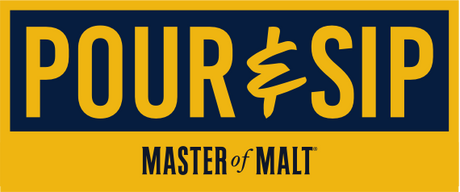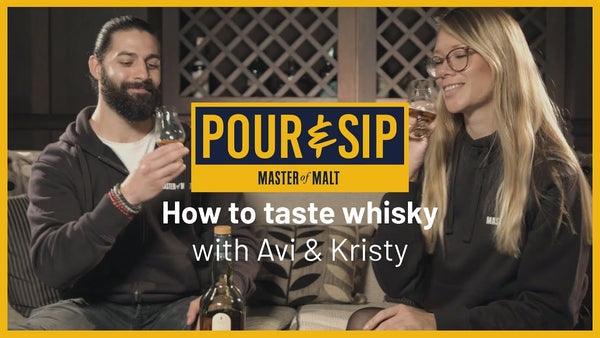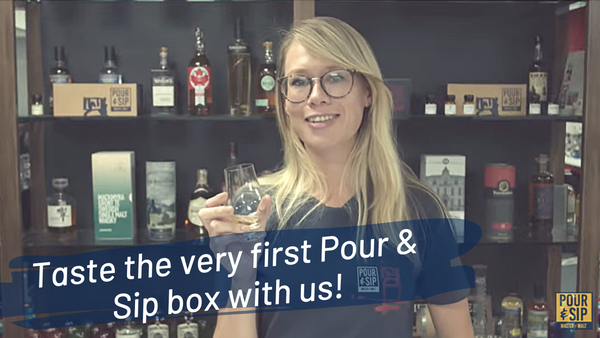A spotlight on Islay’s unpeated distilleries

Islay’s two famed traditional producers of unpeated whisky were featured in this month’s themed selection, and since they’re out of the norm, we’re taking a look at their history.
Just as we’ve encountered unusual peated Speysiders, now we’re taking a look at these lesser-spotted unpeated Islay whiskies! Grab your drams (preferably Stiùireadair and Islay Barley 2012) and get ready for a drop of history.
Bruichladdich
First up, we have Bruichladdich (pronounced ‘brook-laddie’), built all the way back in 1881, hence why it calls itself a ‘Victorian distillery’ – to this day, it uses one of the original mash tuns from that period. The distillery was always set to produce unpeated spirits because when it was originally built, it used coal as fuel rather than local peat. While the name ‘Bruichladdich’ guarantees unpeated whisky, the distillery does produce peated spirits, though these are released under the Port Charlotte (weighing in at 40ppm) and Octomore names, the latter taking the title of the world’s most heavily-peated whisky at a burly 160ppm+.
The distillery has had something of a chequered history over the years. It changed hands several times, and was even mothballed by Whyte & Mackay from 1995 to 2001. Saving it from the fate of many other mothballed distilleries, in 2001 it was bought by a group of private investors, securing Jim McEwan as master distiller and production director (who had previously worked at Bowmore Distillery since the age of 15 – quite a feat). To fund the refurbishment of Bruichladdich, lots of old stock (dating back to 1984) was bottled up and sold as limited-editions. From being a silent distillery for six years, now Bruichladdich was everywhere!
But of course it wasn’t just focusing on the past – with this new management, Bruichladdich decided to focus its efforts on shining a light on local raw materials. It wasn’t until 2004 that this actually came to fruition, when the first Islay barley was grown and distilled, with the subsequent whisky released in 2010. The distillery even bought 30 acres of nearby farmland to conduct barley trials and test sustainable farming practices. Then 2012 came around, and Rémy Cointreau acquired the distillery for a cool £58 million.
Interestingly, over half of Bruichladdich’s unpeated barley requirements are now met by the farmers on Islay – but it doesn’t plan to stop there. In April 2019, the distillery revealed plans to build its own maltings (although much of its barley is grown on Islay, it’s currently sent to Inverness for malting), and by 2023 it plans to be malting its own barley. Eventually, Bruichladdich’s plan is to become a self-sufficient closed circuit.
Bunnahabhain
Interestingly, Bunnahabhain (pronounced ‘boo-na-harv-en’) was founded in the same year as its unpeated pal Bruichladdich, in 1881 by William Robertson. But the founding of Bunnahabhain created more than just a distillery – houses, a pier, and even a road were built to support it, which were much needed on this remote north east coast of Islay. Bunnahabhain was originally produced to be used in blends – most notably Famous Grouse, Cutty Sark and, to this day, Black Bottle. Imagine a world without unblended Bunna’! Like many distilleries in the ‘80s, it was mothballed in 1982, though thankfully only for two short years. By the end of the decade, it had come through the other side with the quippy tagline ‘the unpronounceable malt’ – a bold way to play to its strengths.
In contrast to Bruichladdich, Bunnahabhain initially only produced peated whisky, all the way up until 1963. Then, in a 180 degree move, after that it began to only produce unpeated whisky, up until 2003 – now 20% of its production is peated. Just like Bruichladdich, Bunnahabhain does release peated whiskies, though under different names so as to avoid any confusion. The most famous of these is Toiteach, which, rather appropriately, is Gaelic for ‘smoky’.
So there you have it! What did you think of the two unpeated Islay whiskies? Make sure you let us know on our social channels.
Until next week,
Jess 🥃



